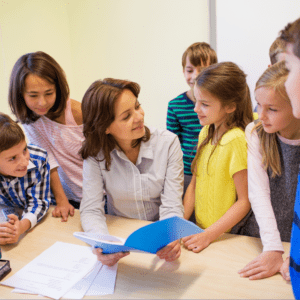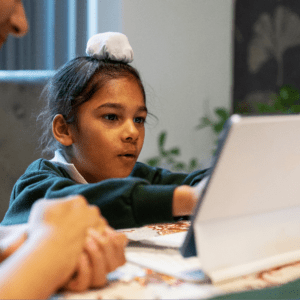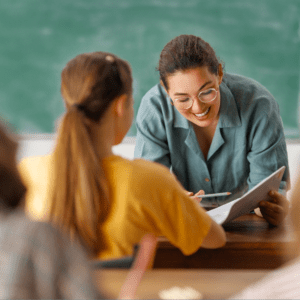Social skills are just as important as academic skills. Every teacher who has seen students interact with each other in the classroom knows this. It’s clear when you see students interact who have well-developed social skills, and who are still struggling.
The Importance of Social Skills
Social skills are essential for building positive relationships with others, both in personal and professional settings. They allow us to connect with others, collaborate effectively, and work as part of a team. They also help us to understand and respond appropriately to the emotions of others, and to express our own emotions in a constructive way.
No matter what your students decide to do after school, they’re going to need to be social. They’re going to need to work with other people and collaborate. Many senior students think that they can work for themselves and skip the social aspects of work, but even this involves working with clients and networking.
All of this doesn’t even consider the health and well-being aspects of being social and having meaningful relationships.
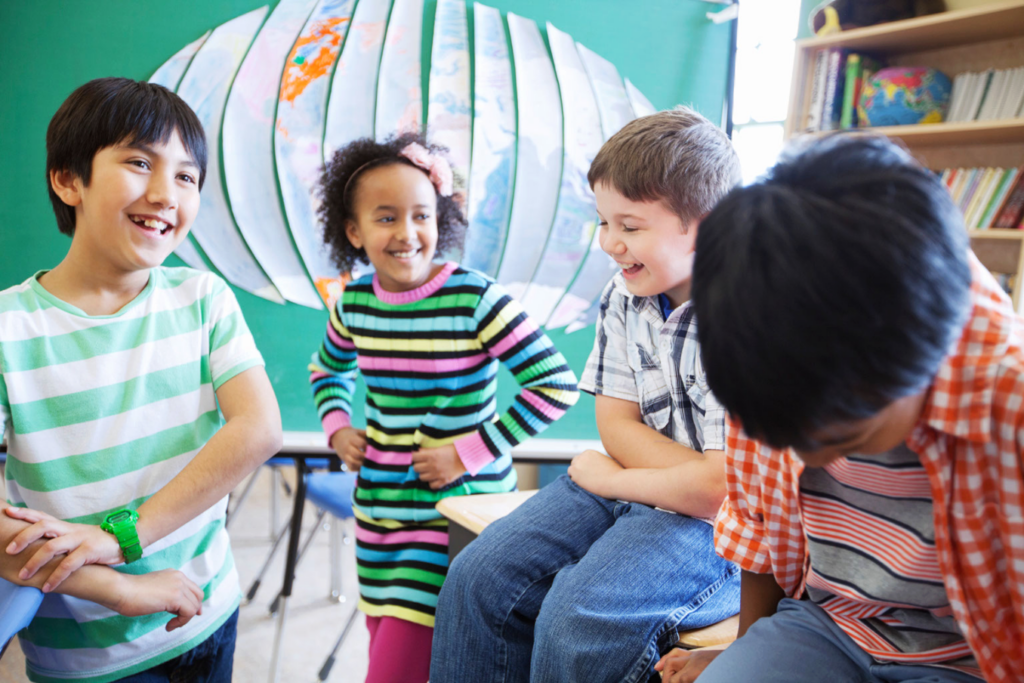
What are Social Skills?
Social skills are the abilities we use to communicate and interact with others. They include skills such as:
- Active listening
- Communication
- Teamwork
- Empathy
- Problem-solving
Developing strong social skills is critical for success in school and in life.
The Importance of Teaching Social Skills in School
School is the perfect playground for developing social skills. School throws students in with a huge range of different people. You’ll have students from different socio-economic backgrounds, students from different cultural backgrounds, and students with varying abilities and disabilities. It is unlikely that your students will encounter such a melting pot again, let alone one that they need to be immersed in every day for years.
Social skills also often need to be explicitly taught. Many students simply don’t get it through osmosis; they can’t just observe and be able to develop the skills effectively themselves. This is particularly true for students with Autism, but all students can benefit from explicitly learning, understanding and practicing social skills.
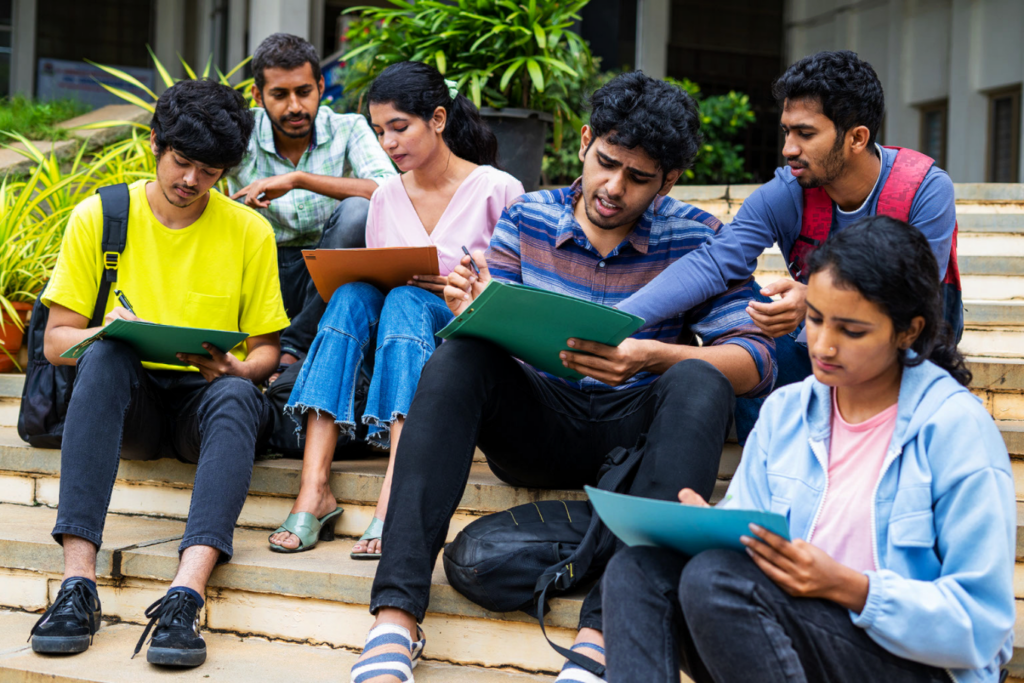
Teaching Social Skills at Different School Stages
At different school stages, social skills develop in different ways:
Social Skills in Elementary or Primary School
In elementary or primary school, students are learning how to interact with others in a classroom setting. They are learning how to share, take turns, and listen to others.
At this age, students are building the foundation of their social skills. Ensuring that your students have a sound understanding of the basics of getting along with others will have a huge impact on how they develop more nuanced social skills as they grow up.
I’m sure you’ve noticed many young children having imaginary friends. This is a way for children to test out social strategies and empathise with very low risk – they’re not going to actually offend their imaginary friend, but they can figure out what they could do in this situation.
Role play is also very important for developing social skills at this age. Children will assume different roles in a family or other social group and interact with others in a way that they believe is appropriate. Unlike with imaginary friends, playing with others means that they will also receive feedback on their interactions.
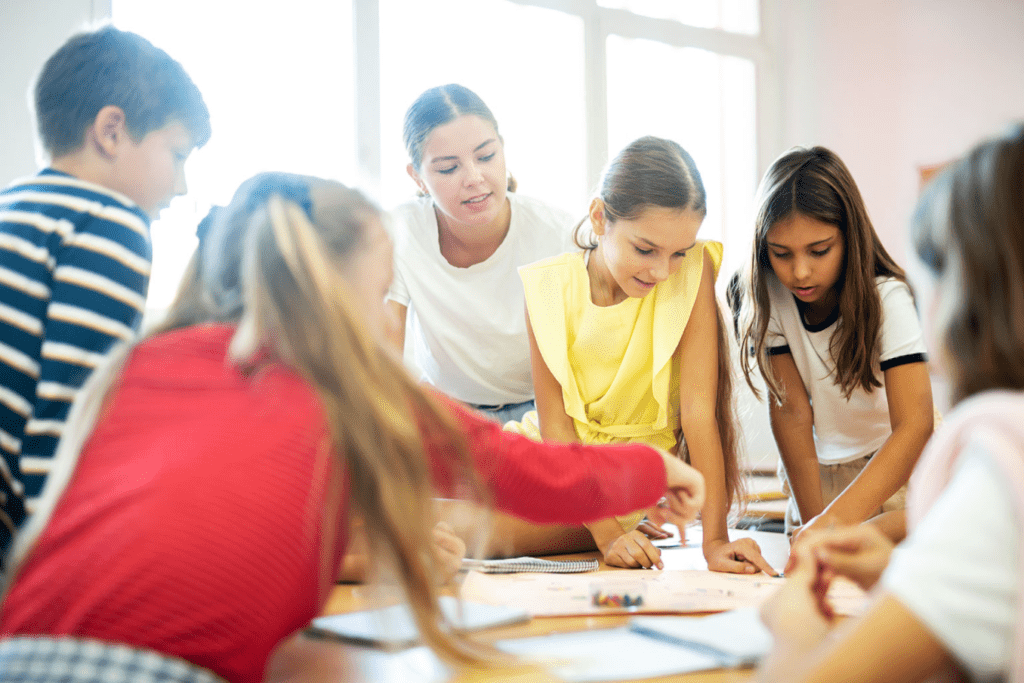
Social Skills in Middle School or Upper Primary
In middle school or upper primary, students are starting to develop more complex social skills, such as empathy and conflict resolution. Students are very likely to want you as their teacher to solve their social problems, but these are great teachable moments.
Building your student’s skills in resolving their own conflicts is essential at this stage. There will be conflicts, whether they are obvious or not. Fighting and arguments are the most obvious example, but many students will also have their feelings hurt by the actions of others. As their teacher, it is important that you pick up on this and help your students build strategies to manage this.
Social Skills in High School
In high school, students are learning how to navigate more complex social situations, such as group work, peer pressure, and relationships. This is where students will need to grow their skills to be ready for life after school.
Many teachers avoid group work if they can because of the conflicts that it can cause. Many students hate these kinds of tasks because they find it difficult to work with others. If you notice this in your classroom, it is well worth taking the time to explicitly teach social skills such as empathy, roles within a team, and conflict resolution. Addressing these issues will set your students up for success as they enter the workforce.
In conclusion, social skills are essential for success in school and in life. Building on students’ social skills as they get older will mean that they are prepared for their lives outside of school.
Regardless of what your students believe, they will need to interact and work with others. Taking the time to explicitly teach your students social skills while they are in school is a key way to set them up for success.

